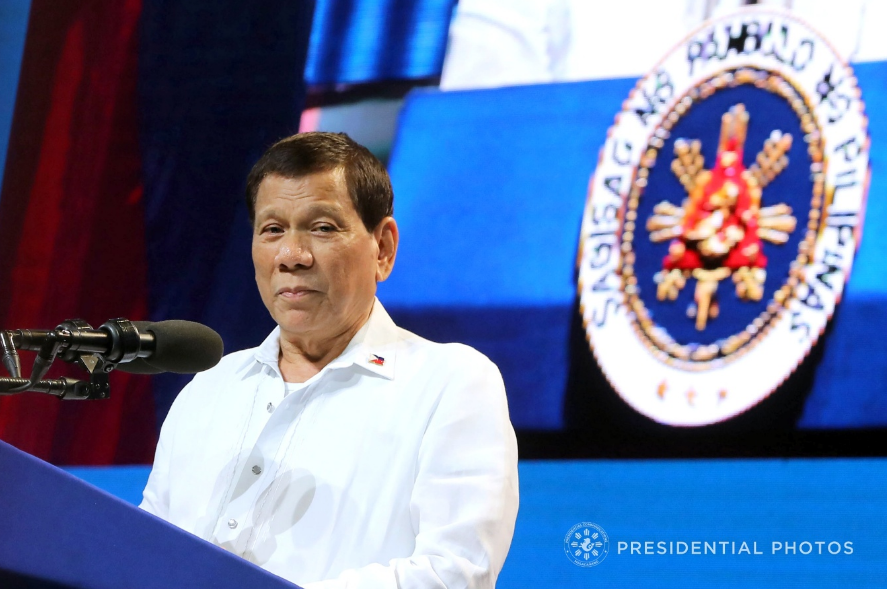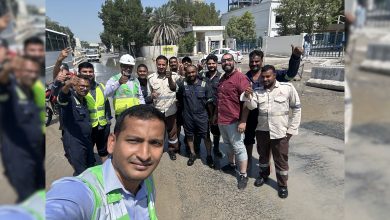The Tax Reform for Attracting Better and High-quality Opportunities (TRABAHO) is expected to spur business in the Philippines and this will help boost job opportunities and improve the people’s lives, President Rodrigo Duterte has said.
In an interview with the British Oxford Business Group (OBG), Duterte said TRABAHO package is designed to strengthen the sustainability, competitiveness and productivity of MSMEs (micro, small and medium enterprises) by lowering corporate income taxes.
Since MSMEs comprise 99% of the country’s businesses and employ 65% of the workforce, TRABAHO will ensure near-term job creation, he said in the OBG’s 2019 Philippine report, obtained by The Filipino Times on Monday.
“Moreover, the package will incentivise MSMEs to invest in innovation and technology, especially in the provinces. By enjoining big businesses to share their tax incentives with smaller entrepreneurs, TRABAHO will help businesses to hire more workers and Filipinos to improve their livelihoods,” noted President Duterte.
Duterte noted that foreign direct investment (FDI) is a major driver of the Philippines’ economic growth adding that In 2017 almost P620bn ($11.5bn) in FDI was spent on roughly 440 projects, and net inflows exceeded realised inflows for 2016 and the $8bn projection for 2017.
These, he said, are indicators of strong investor confidence, founded on solid macroeconomic fundamentals and the country’s growth prospects.
“The Tax Reform for Acceleration and Inclusion (TRAIN) law was passed in 2017 to attract investments and promote the country’s competitive products and services to the global market,” the President said.
“Moreover, in an effort to strengthen partnerships in and beyond the region, in 2018 we enacted the Ease of Doing Business and Efficient Government Service Delivery Act, which assures the protection of foreign investments and addresses bottlenecks in business-permitting processes.”
Asked about measures to de-escalate tensions in the West Philippine Sea, he said an independent foreign policy that builds bridges of friendship and understanding through regional peace and stability is a priority of this administration.
“The Philippines and China have gradually resumed bilateral dialogue, and we keep our communication lines open through means like the Bilateral Consultation Mechanism on the South China Sea,” he asserted.
“We are resolved to ensure that the sea remains a place of peace, stability and prosperity. As such, we have encouraged China and our fellow ASEAN nations to expedite the conclusion of a code of conduct at the earliest opportunity, which will help to ensure safety and freedom of navigation, prevent and manage incidents at sea, and contribute to regional stability.”
He said his government continues to provide social protection and growth opportunities that can build socio-economic resilience, especially on behalf of the poor, the marginalised and the vulnerable.
This includes the provision of housing for the poor and the development of schemes to finance affordable homes, he noted.
“Household electrification is also of paramount concern, though it should not be confined to the supply side to empower consumers by teaching them about conservation and responsible use.”






